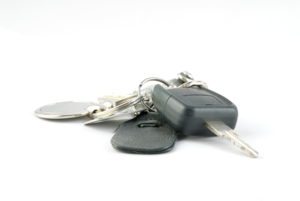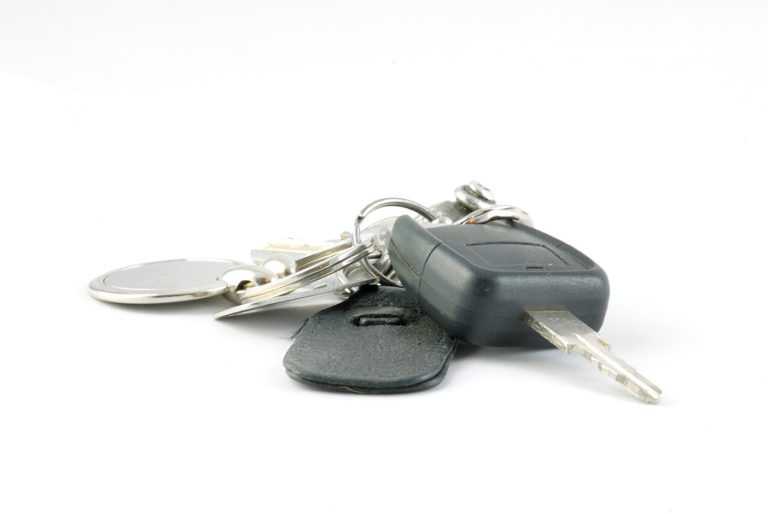Your aging adult’s health can take her out of the driver’s seat far sooner than she would like. Having another option, such as transportation from homecare providers, is always a good plan, even if your senior is able to drive in specific circumstances because you never know when that situation can change for her.

Diabetes
Diabetes can involve blood sugar levels that reach extreme highs and even extreme lows. Both can impair your senior’s ability to drive, including how well she can see, hear, and think. Having her diabetes under control can make a significant difference, but it’s still something to watch.
Respiratory Diseases
Respiratory diseases such as COPD can cause shortness of breath for your senior. Depending on the severity, this loss of air can make her feel lightheaded and leave her unable to drive during the episode. It’s also important to remember that other respiratory illnesses that are more prevalent at night, such as sleep apnea, can have an effect on your senior during the day.
Vision Problems
Any vision issues or diseases, such as glaucoma or cataracts, can create severe visual obstructions for your senior. If she can’t see where she’s driving, your senior cannot be safe on the road. Some vision problems may only affect her at certain times, such as diminished night vision. It’s important to have a full understanding of her vision issues.
Cardiovascular Diseases
Difficulty regulating heart rhythm or even congestive heart failure can leave your senior too weak to be able to drive safely. Talk with her doctor about whether or not her cardiovascular problems are a significant problem for her behind the wheel and proceed from there.
Neurological Illnesses
Neurological problems can range from temporary issues, such as numbness in the extremities, to more permanent issues, such as in Parkinson’s disease. Your senior’s individual health considerations are going to dictate whether she’s still able to drive with these conditions.
Arthritis and Muscular Ailments
Depending on how severe your senior’s arthritis is, she may not be able to move her joints in a way that allows her to safely drive. Other issues, such as muscle weakness or loss of muscle tone, can render her too weak to be able to maneuver the car.
This list is not comprehensive, so if you are concerned about your senior’s health affecting her ability to drive, be sure to discuss the situation with her doctor.






